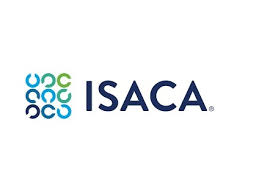How Jignesh Shah chose to fight his battles alone and win

Jignesh Shah, the founder of 63 moons technologies, began his entrepreneurial journey way back in 1995. He approached Indian economy with a vision and foresight to create new generation markets and segments that are relevant to the real economy of India and its players.
Mr. Shah took the exchange markets by storm by setting up 10 exchange companies in India and abroad in less than a decade, establishing an electronic silk route stretching from the East of Suez to Singapore. His competitive exchanges such as MCX, and innovative products like India’s No.1 brokerage trading terminal – ODIN, began giving a tough time to the monopoly of the National Stock Exchange (NSE). He is often called the “Architect of modern financial markets” for his role in creating a successful public-private partnership (PPP) model for building world-class financial institutions.
An unholy nexus of a few powerful bureaucrats backed by powerful politicians created the payment crisis at NSEL in 2013 that was strategically used by the vested interests in the powers that be to finish off the world-class exchange system that he had so painstakingly built across the continents.
The Hon’ble Bombay High Court ruled that ‘the money invested has not come to NSEL but has gone to the bogus sellers. The EOW, Mumbai and the Enforcement Directorate have both traced the entire money trail of Rs 5,600 crore to the 24 defaulters stating that not a paisa has come to NSEL, 63 moons and Shah. A high-power High Court Committee (HCC) constituted by the Hon. Bombay High Court confirmed receiving claims from only 4,697 trading clients totaling Rs.650 crore, much less than the projected figure of Rs 5,600 crore.
Soon after the crisis, the Forward Markets Commission (FMC) recommended merger of NSEL and 63 moons essentially on the grounds of public interest for recovery of default amount. Subsequently, on February 12, 2016, the government issued the order for forced merger of NSEL and 63 moons which was upheld by the Hon. Bombay High Court on December 4, 2017.
On April 30, 2019, the Hon. Supreme Court set aside the HC order stating that the order was ultra vires of Section 396 of the Companies Act and not in ‘public interest.’ The apex court noted that the protection of private interest of a group of investors/traders was distinct from public interest. It also said the amalgamation order was issued without application of mind.



